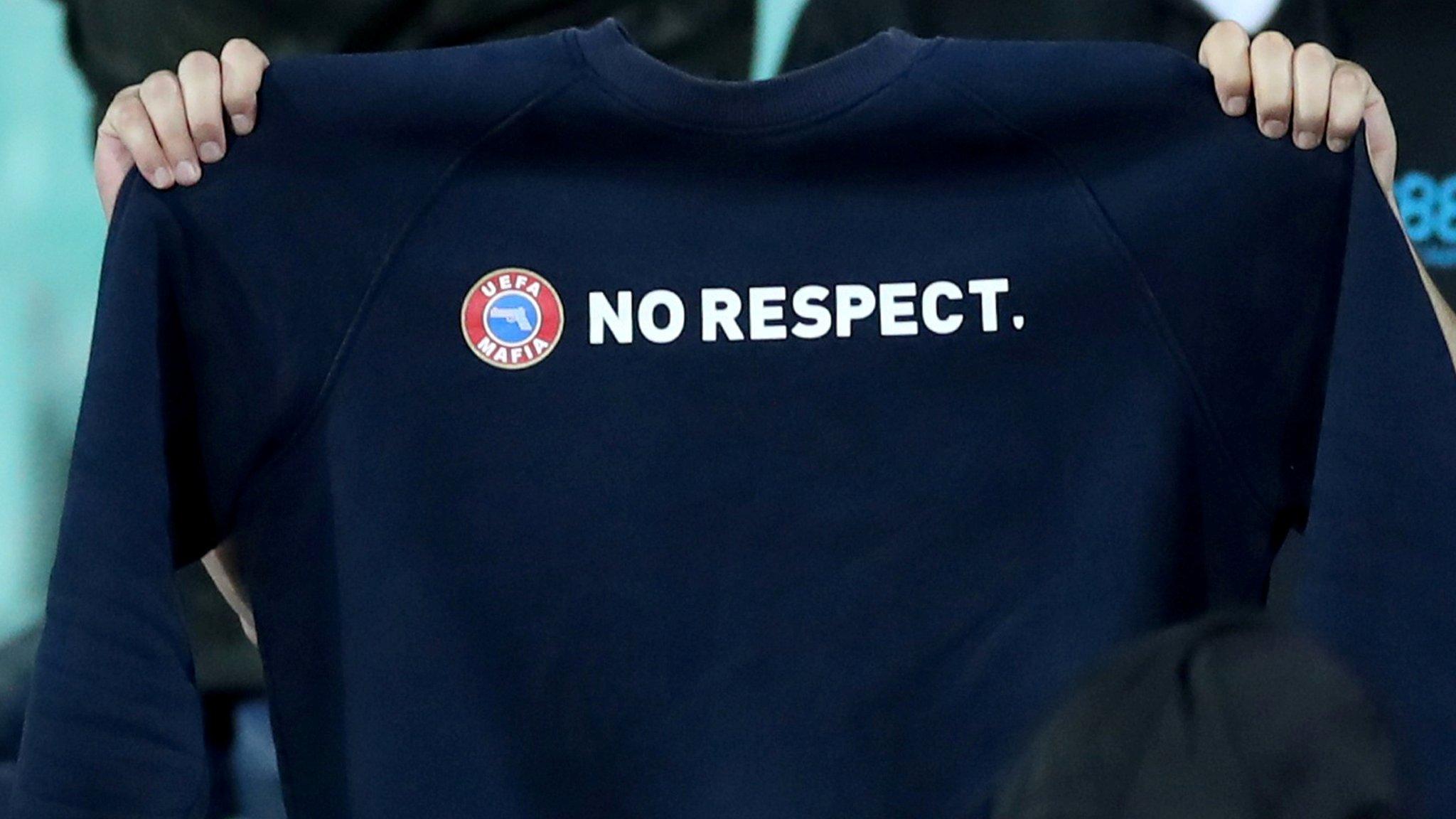Bulgarian football and its problem with racism
- Published
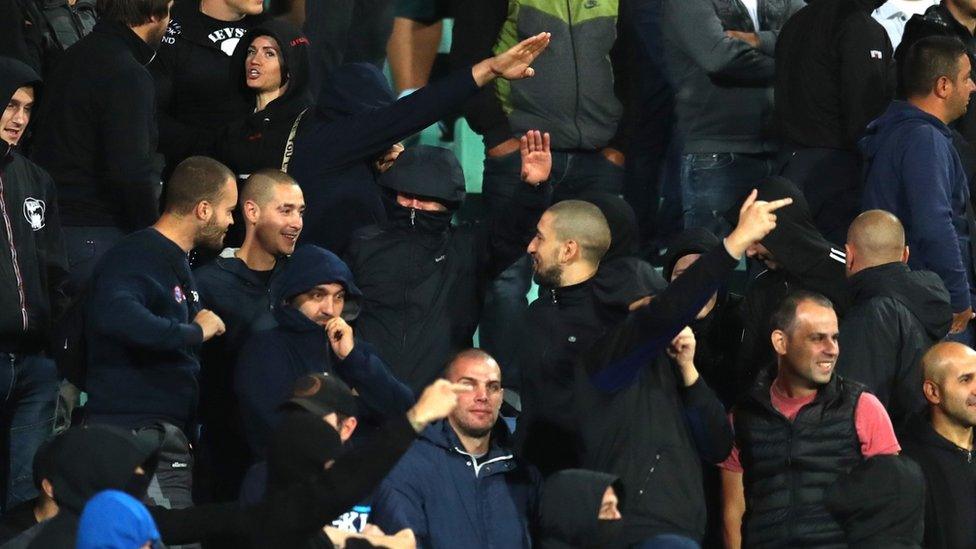
Racism has long been a problem in Bulgarian stadiums
The monkey chants and Nazi salutes from black-clad Bulgaria fans shocked many of those who watched the match with England in Sofia on Monday night, but they weren't perhaps entirely surprising.
For years Bulgarian football has been plagued by racism in its stadiums.
In 2011, the Bulgarian Football Union (BFU) was fined after England players Ashley Young, Ashley Cole and Theo Walcott were subjected to racist abuse from fans during a European Championship qualifier.
On 20 April 2013, halfway through a match, fans of Levski Sofia unveiled a banner wishing Adolf Hitler a happy birthday.
And last year the club was fined after photos from the Bulgarian cup final showed a child making a Nazi salute, alongside another with a swastika drawn on his chest.
While many have been quick to point out the problem is not only a Bulgarian one - top leagues have faced scandals involving racism in the not-so-distant past, including the English Premier League - it is one of the worst offenders in Europe.
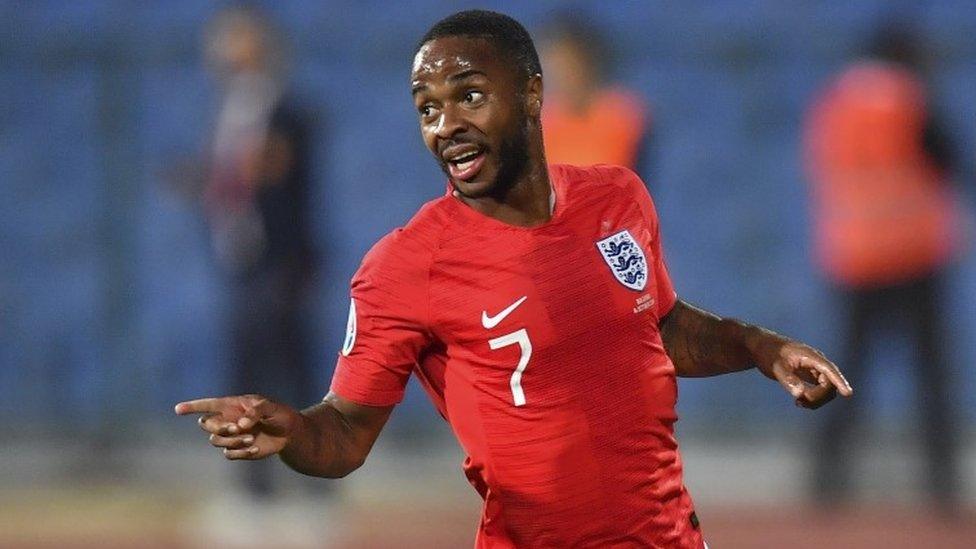
Raheem Sterling has faced racial abuse in England
How big a problem is racism in Bulgarian football?
"I've spoken to some of the ordinary football fans and they feel ashamed of what's going on because this is the image of the country," said Yana Pelovska, a Bulgarian journalist based in Sofia.
Despite obvious examples of racism in the Bulgarian league, Ms Pelovska said that most of the worst abuse is saved for the international stage.
Hardcore fans of clubs like CSKA Sofia told her that they wouldn't racially abuse local opposition teams because they had black players on their own side.
"It's complicated. I can't say this racist chanting is normal in Bulgarian matches," she said.
Kamen Alipiev, a sports reporter based in Sofia, said there were wider societal issues over why racism was still a problem among Bulgarian fans.
"We have problems with communications with our Roma Gypsies in the area, with refugees coming from Asia and Africa... so maybe sometimes it sounds like it's normal."
The fans "can't imagine that they are racist," he explained.
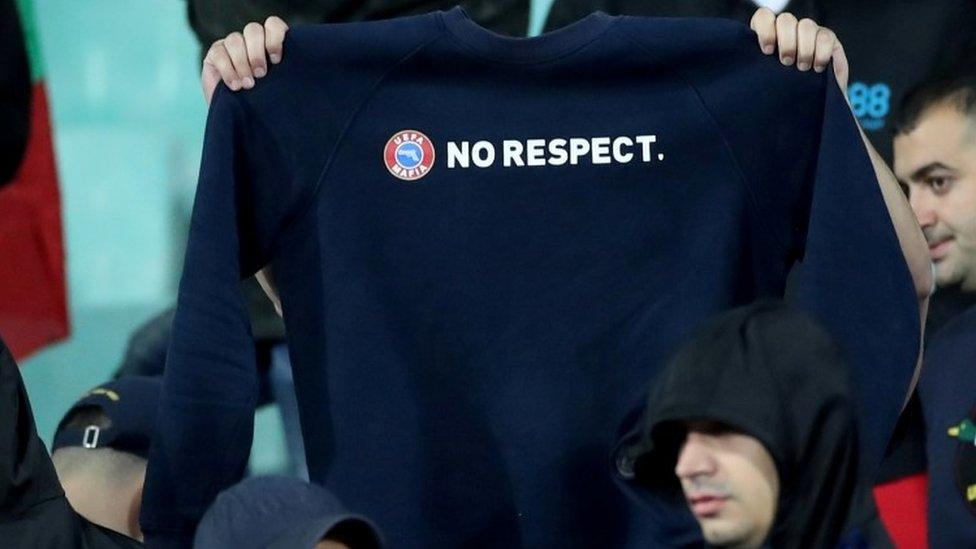
Bulgarian fans hold up a "No respect" jumper
Tihomir Bezlov and Dr Atanas Rusev, researchers at the Centre for the Study of Democracy (CSD) in Sofia, believe the behaviour is not only driven by racist attitudes, but also financial interests.
Some supporters with a history of racist behaviour demand payment from clubs in order to stop, they say.
Who are Bulgaria's hooligans?
In 2015, the CSD produced a report entitled Radicalisation in Bulgaria: Threats and Trends. It documents widespread racism, external among the country's football supporters.
"A famous Levski supporter explained that he does not like African-Americans, Turkish people and Arabs, but he does not mind the dark-skinned football players of Levski," the report notes.
Although "skinheads sharing racist views used to be very popular in CSKA factions", the report says their influence has been diminished, partly because of the interventions of a fan leader, Rossen "the Animal" Petrov.
Bulgaria v England: Tyrone Mings heard racist abuse before warming up
The CSD researchers, Mr Alipiev and Bulgarian reporter Momchil Indjov, told the BBC they suspected there were links between football hooligans and far-right nationalist movements.
Dr Rusev said hooligans had been mobilised during protests and to attack Roma communities.
Mr Indjov said he believed many of those involved in the racist abuse on Monday were part of SW99 - a hooligan faction belonging to Levski Sofia - and said the behaviour appeared planned.
Mr Bezlov said police had told him that CSKA Sofia fans were involved.
The final straw?
While Bulgaria has faced criticism for its efforts - or lack thereof - at combating racism in football in the past, Monday night's scenes appear to have been taken more seriously.
The match was halted twice, and on Tuesday the president of the BFU, Borislav Mihaylov, resigned after being told to quit by Prime Minister Boyko Borissov.
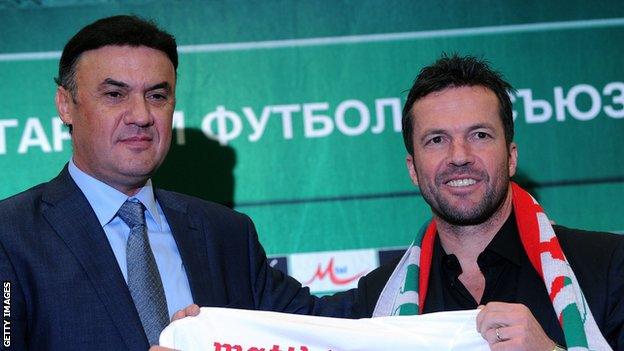
Borislav Mihaylov (left) resigned as president of the BFU on Tuesday
The president of European football's governing body Uefa, Aleksander Ceferin, said the "football family and governments" need to "wage war on the racists".
"There were times, not long ago, when the football family thought that the scourge of racism was a distant memory," Mr Ceferin said.
"The last couple of years have taught us that such thinking was, at best, complacent."
The British government said it had written to Uefa to demand more action, and Uefa has opened disciplinary proceedings against Bulgaria.
The shame many Bulgarians have felt from the behaviour of some of its fans on Monday could result in a long-overdue discussion about racism in the country, Mr Alipiev said.
"It will definitely create a discussion, especially after the reaction of our prime minister today... I think a red light is going on across the country," he said.
"It's not just about the football fans. We need to speak about our ability to accept others, not only in the stadiums.
"I really hope there will be a public discussion because it's a discussion about the state of the nation."
- Published11 December 2018
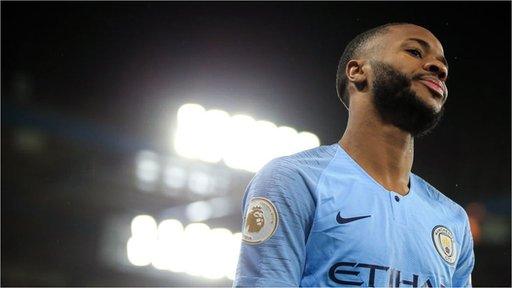
- Attribution
- Published10 December 2018
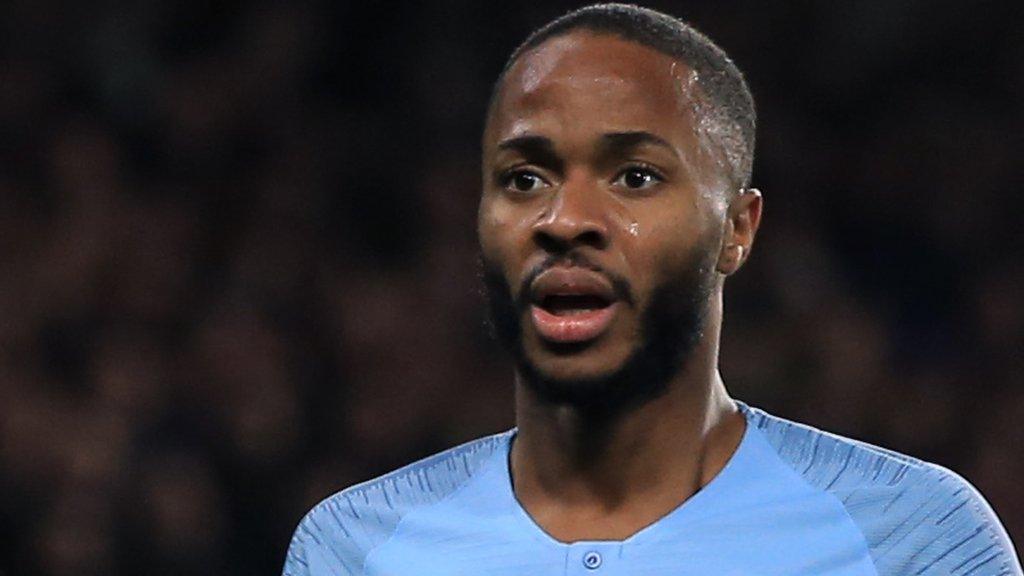
- Attribution
- Published15 October 2019
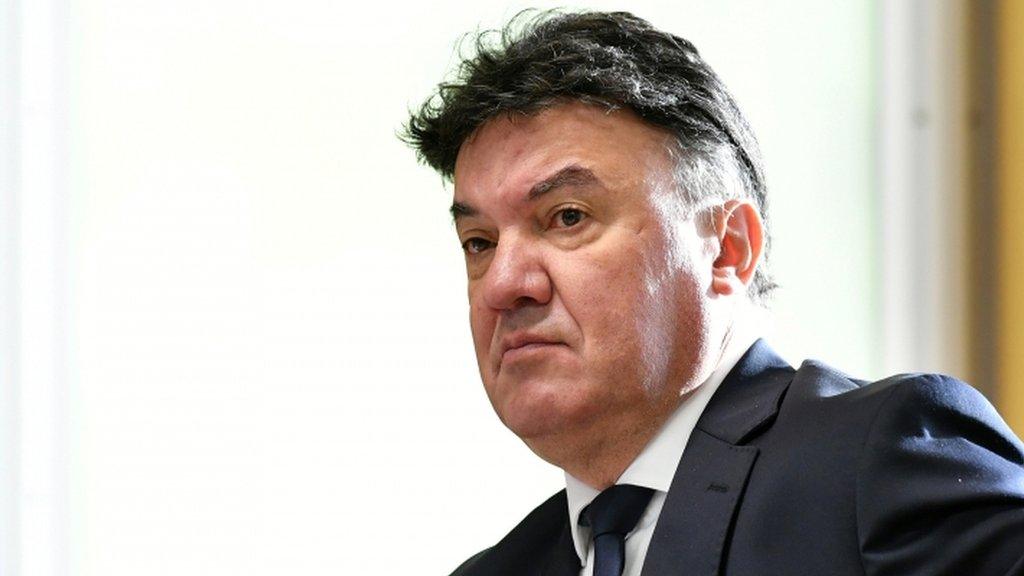
- Attribution
- Published15 October 2019
